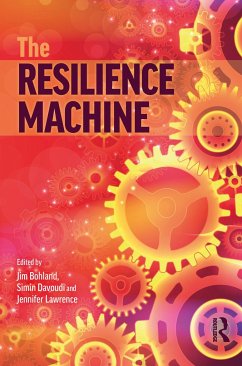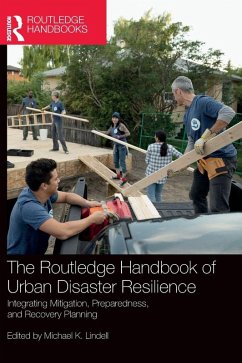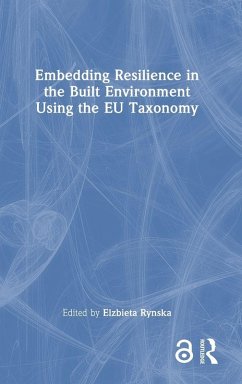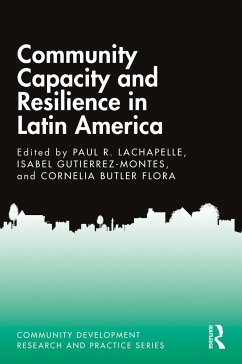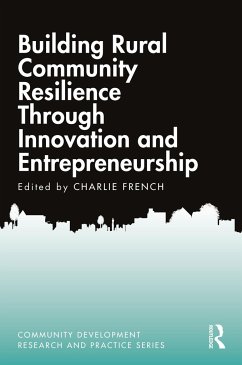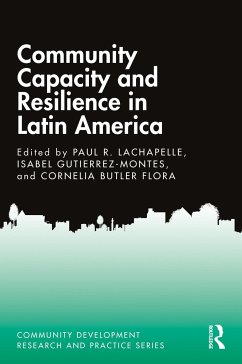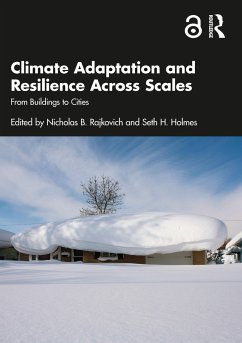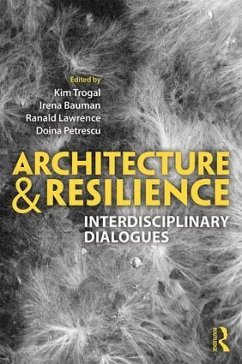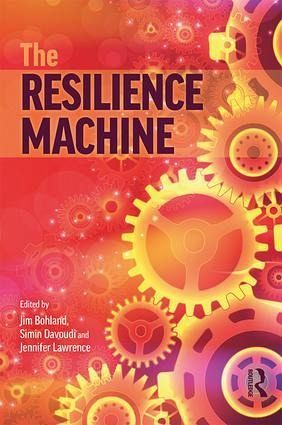
The Resilience Machine
Versandkostenfrei!
Versandfertig in 1-2 Wochen
166,99 €
inkl. MwSt.

PAYBACK Punkte
83 °P sammeln!
By exploring the ways in which the concept of resilience is institutionalized within policies and practices that impact the lived experience of individuals, the book addresses how the regressive potentials of resilience might be resisted and reshaped and how its progressive potentials might be drawn upon in pursuit of justice and democracy.





